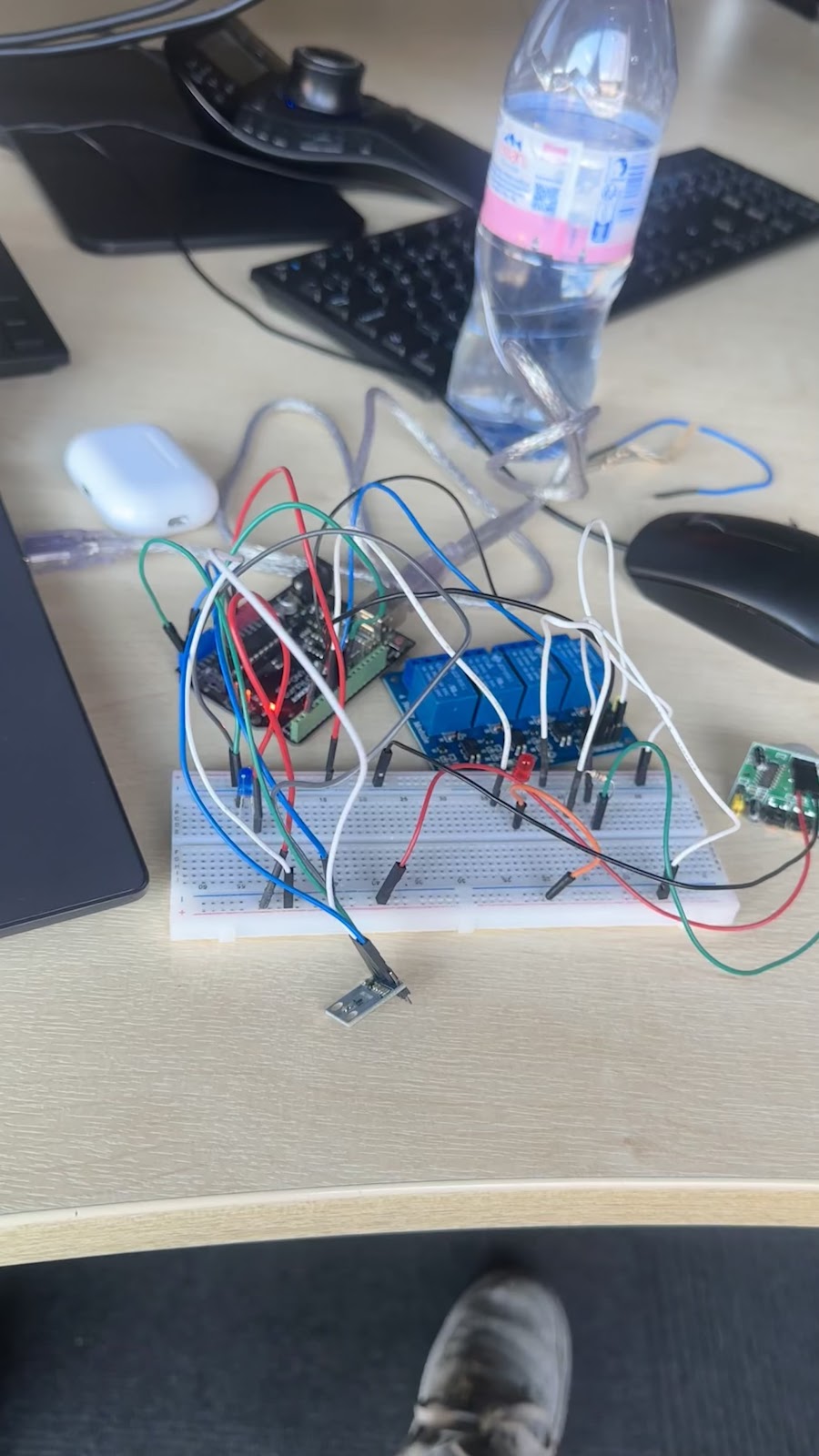Testing the BH1750 Light Sensor with Arduino – Real-Time Lux Response
After successfully getting the PIR motion sensor working earlier, today's goal was to integrate the BH1750 light sensor and test how well it reads ambient light levels and adjusts an LED's brightness accordingly.
The Torchlight Test – Simulating Sudden Brightness
The system is designed to keep the light off when it’s bright and turn it on or brighten the LED when it gets darker.
Here’s a portion of the actual data output from the Serial Monitor during my test
Before I applied the torch test on the light sensor the light level was 254 lux, when I pointed the torch directly on the light sensor the lux levels jumped to 1010,1015... so the BH1750 works and we are ready to go to the next step
What This Test Proved
-
The BH1750 is highly sensitive and consistent, tracking even small changes in lux.
-
It provides a reliable basis for automated light control, making sure lights are only used when needed.
-
With lux readings above 300, the system correctly assumed no additional lighting was needed.
-
The setup supports energy-saving smart lighting, perfect for daylight-aware indoor automation.



Comments
Post a Comment